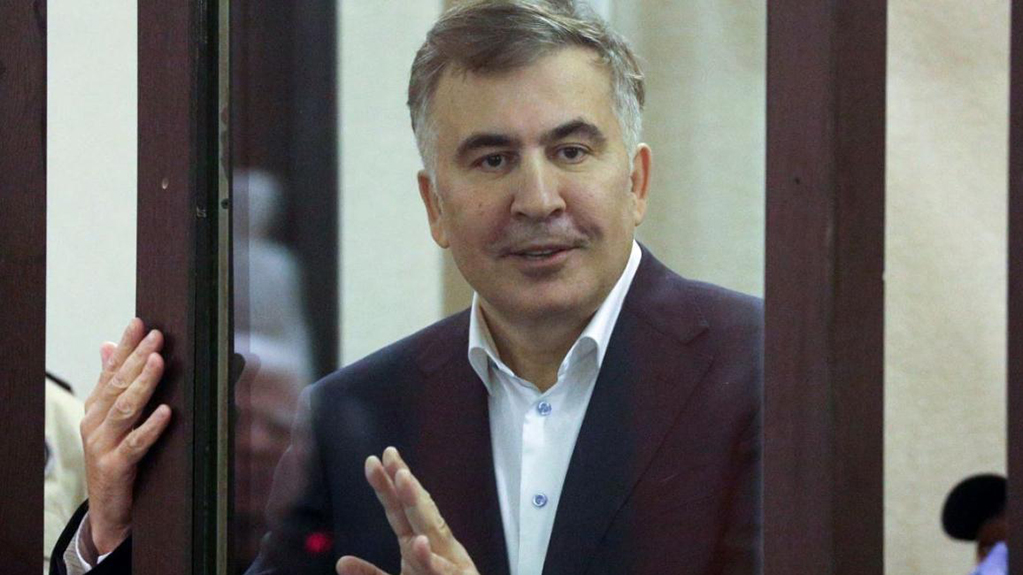The lawyers disagree with today's decision by the European Court of Human Rights in the case of former Georgian President Mikheil Saakashvili and plan to appeal to the Grand Chamber within three months. According to Beka Basilaia, the court made incorrect assessments.
News
"Unfortunately, the court did not find our arguments sufficient and did not establish a violation. However, it should be emphasized that two judges had a different opinion. This means our complaint was justified, and the demands were legal and compliant with the European Convention.
We are deeply convinced that Mikheil Saakashvili is being persecuted for political reasons, that his right to a fair trial was violated, and that he was convicted for actions that are not considered crimes by law. Therefore, we will appeal to the Grand Chamber of the European Court of Human Rights within the time limit established by the European Convention. There is a precedent where the Grand Chamber has reversed decisions in favor of the appellant. We hope our arguments will be taken into account," said Basilaia.
Beka Basilaia and other lawyers representing Mikheil Saakashvili have appealed the cases concerning the pardons of those convicted in the beating of MP Valery Gelashvili and the murder of Sandro Girgvliani to the Strasbourg court. Saakashvili was sentenced to six years in prison for these cases.
According to today's decision, the Strasbourg Court:
- Unanimously determined that Article 6 of the Convention (the right to a fair trial) was not violated against Saakashvili, neither in relation to how the national courts considered the evidence against him, nor in relation to the judge's impartiality.
- By a vote of five judges to two, the court found that there was no violation of Article 7 of the Convention (no punishment without law). Saakashvili argued that he could not have foreseen being held criminally liable for using the power of pardon, which is an absolute right under Georgian law. The European Court did not share this argument and stated: “Mr Saakashvili could reasonably have foreseen, in the particular circumstances of the case, that using his power of clemency to pervert the course of justice in a murder case would render him criminally liable under Georgian law.”
In addition, the Strasbourg Court deemed the complaint regarding the violation of Article 18 of the Convention (scope of application of limitations of rights) inadmissible. According to the court, Mikheil Saakashvili could not prove that there was a hidden motive behind the prosecution against him to hinder his participation in Georgian politics.
Minister of Justice, Rati Bregadze, stated that today's decision of the Strasbourg Court is "another clear proof that justice was carried out in Georgia in full compliance with European standards regarding Saakashvili."















